Kyiv, Moscow, Beijing, Washington. These are the stops on Prime Minister Viktor Orbán's peace mission so far. How do you assess the fact that in just two weeks the Hungarian prime minister has visited such key locations?
There are two warring sides, Ukraine and Russia, and there are three or four major or middle powers that can play a decisive role as mediators. These are the United States, Europe, China, and Turkey, which helped to bring about the only partial agreement so far, regarding the Black Sea grain corridors. These countries are the key players if one has real peace-making in mind. We set out everywhere with the aim of mapping out how much and what chances there are for peace. The peace mission's first stop was in the two war-torn countries. From these trips, it is clear that Ukraine and Russia are very determined to continue their fight, so without the entry of external mediators, we will unfortunately see some very brutal destruction in the months ahead. We then set out to negotiate with potential mediators. China and Turkey are committed to peace. Donald Trump is also committed to peace, so if he becomes President of the United States again, he will soon create peace himself. But the Europeans and the current US administration are in favor of continuing the war. PM Orban sent a written notice to the European Council's leaders on the talks and his experience regarding the first phase of the peace mission and Hungary's proposals. If Europe wants peace and wants to have a decisive say in the settlement of the war and an end to the bloodshed, it must now work out and implement a change of course.
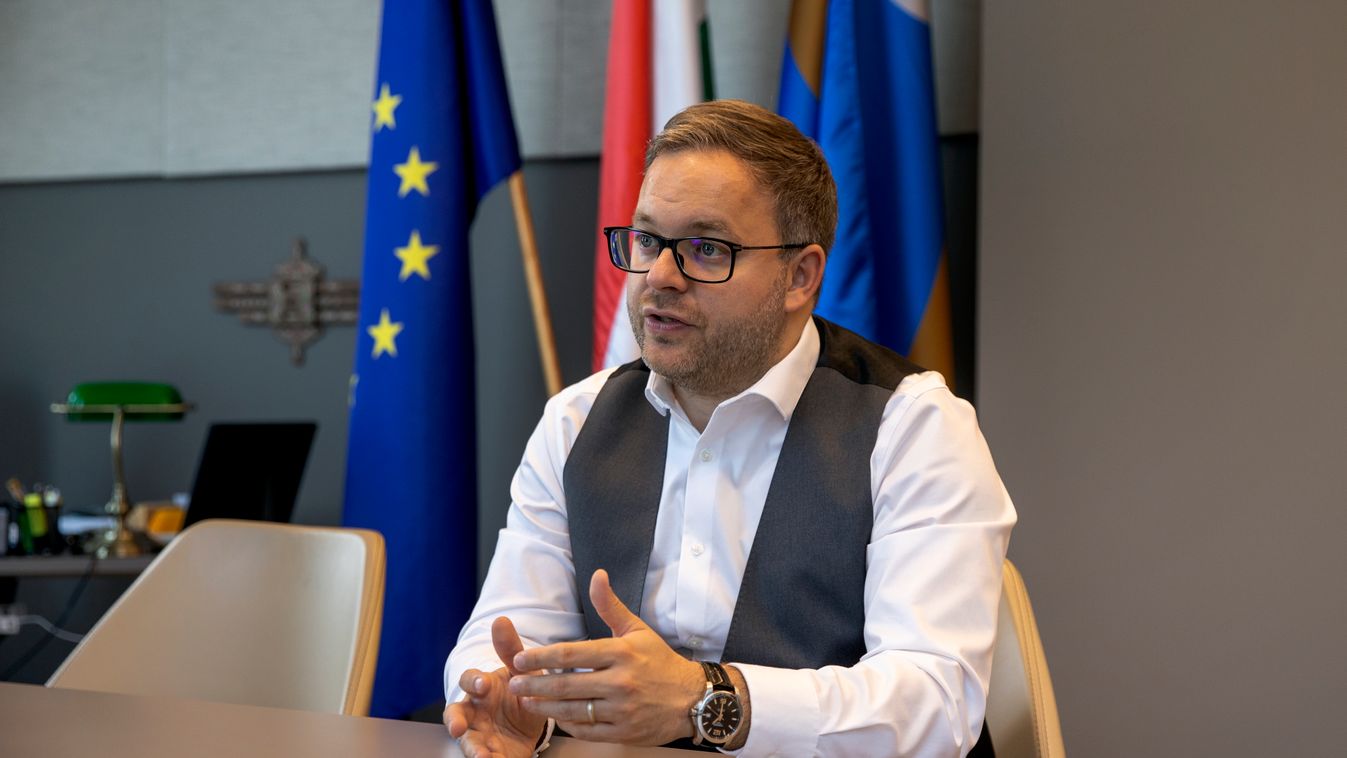
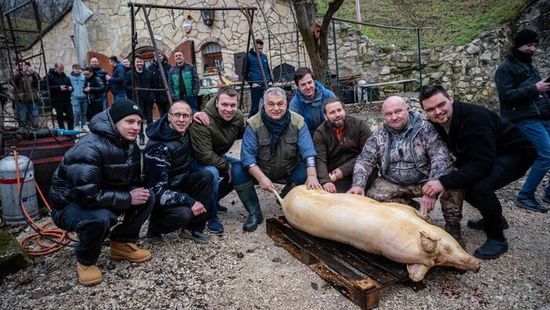
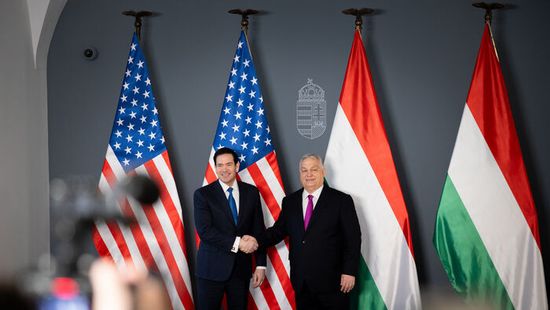
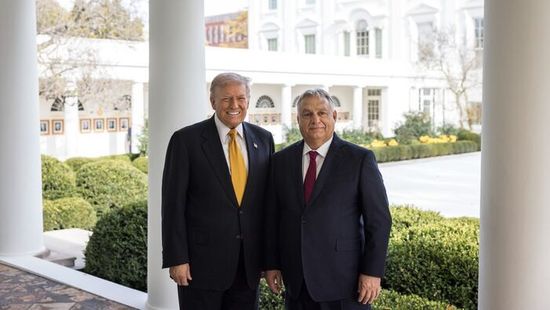
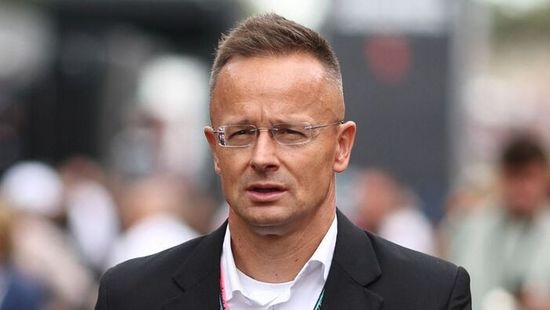

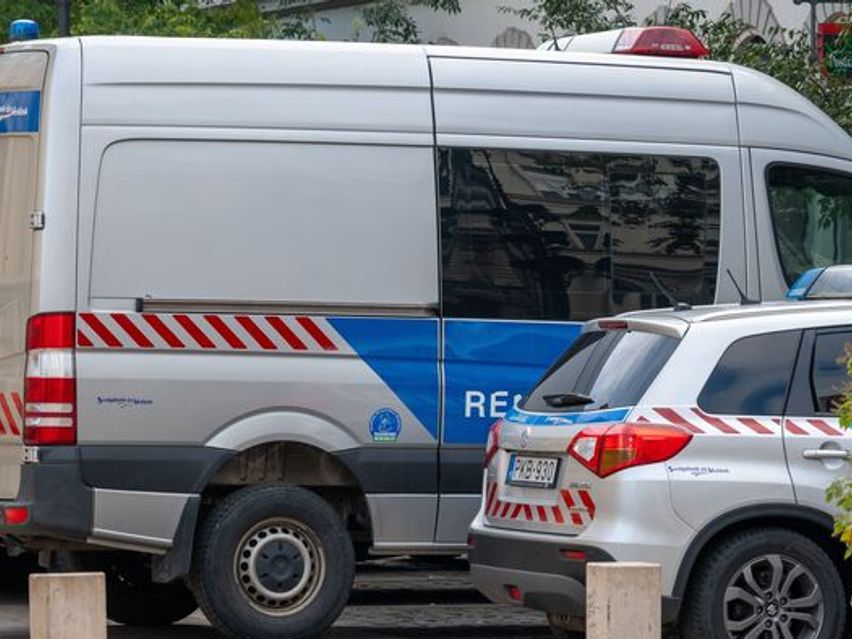
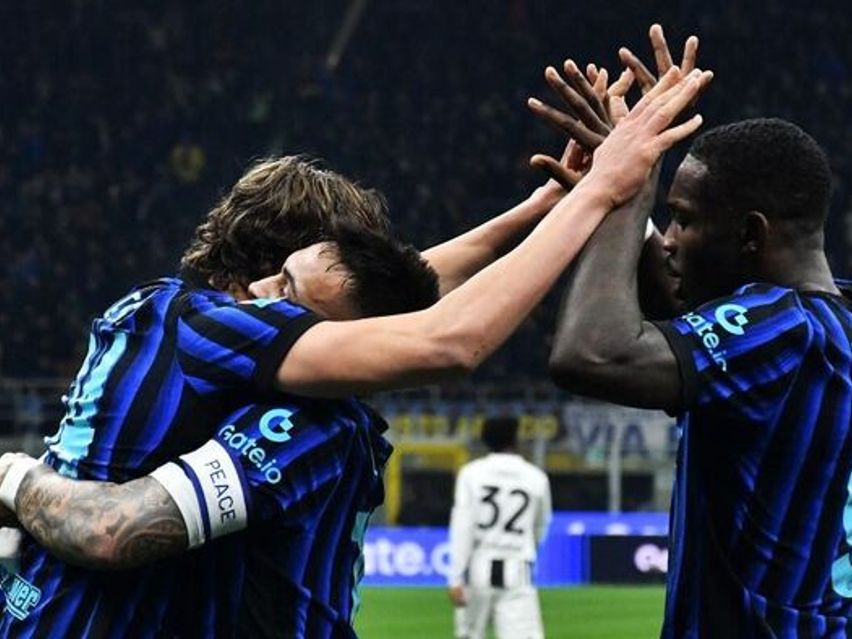
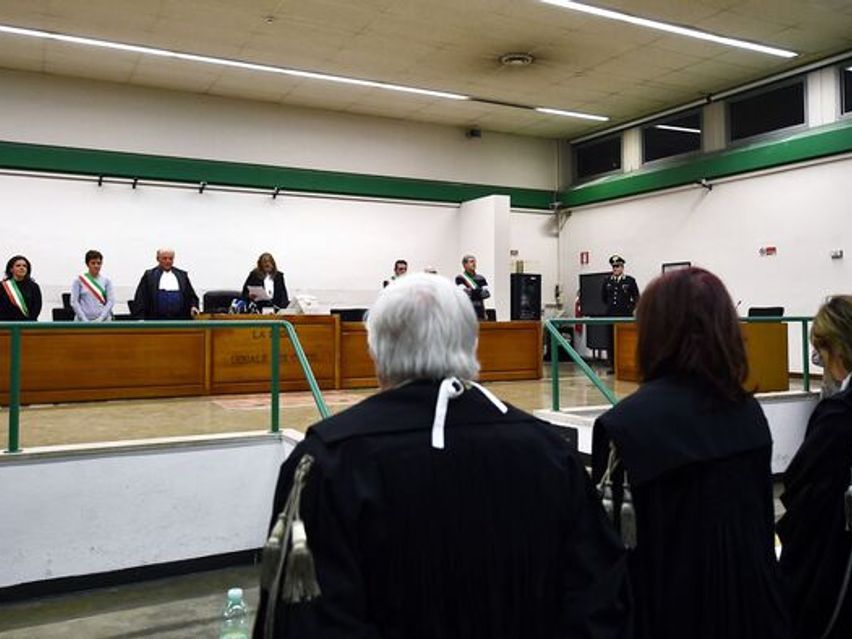
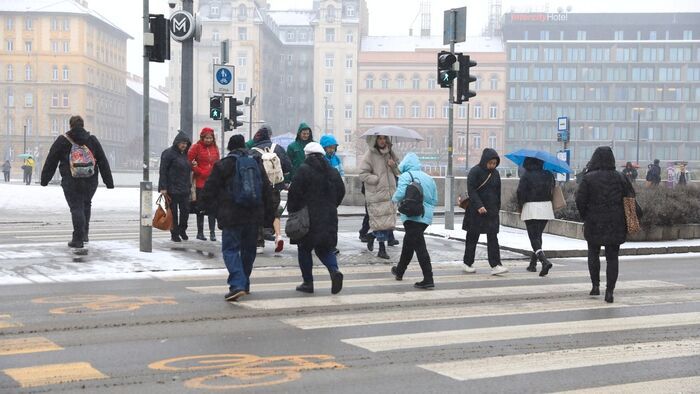

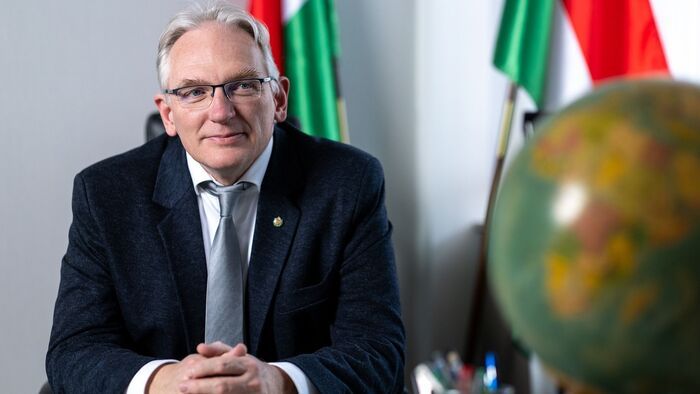
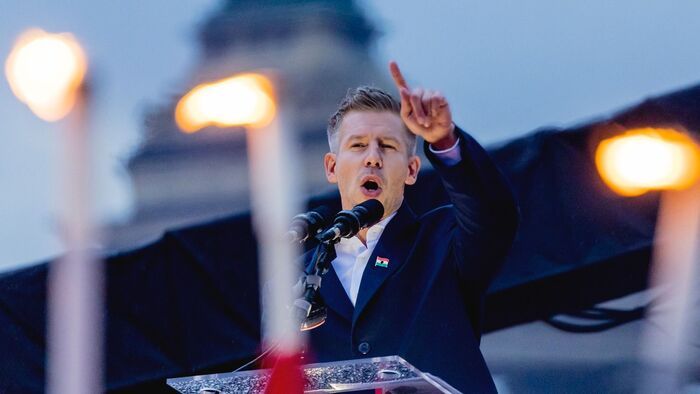
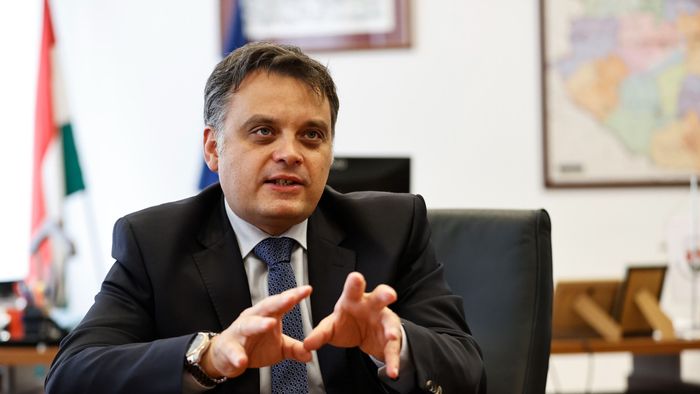
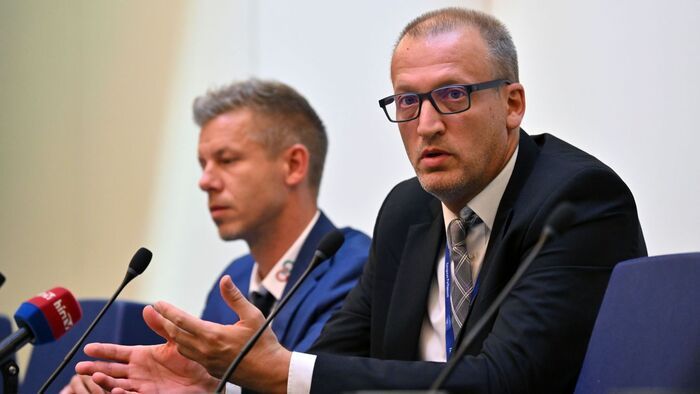
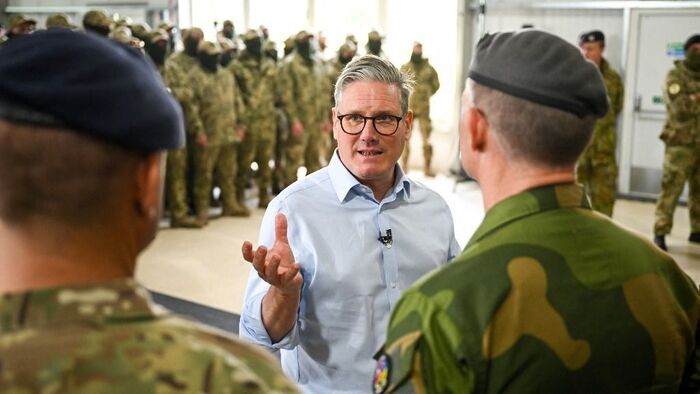
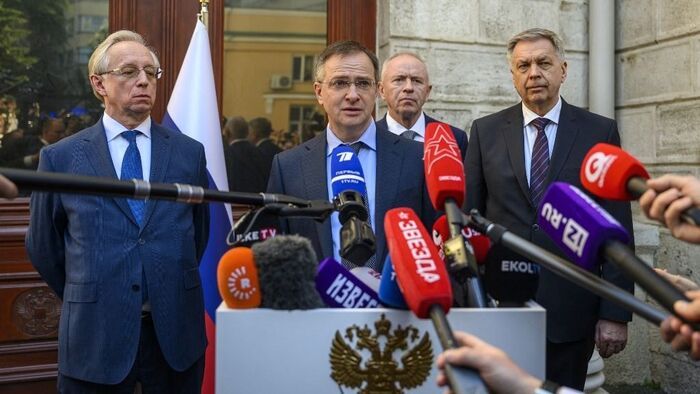
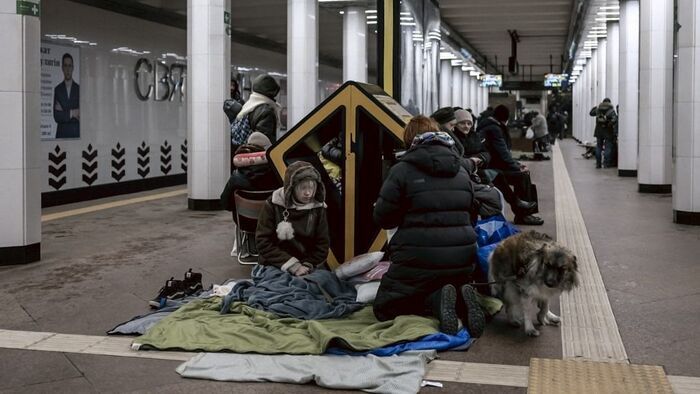

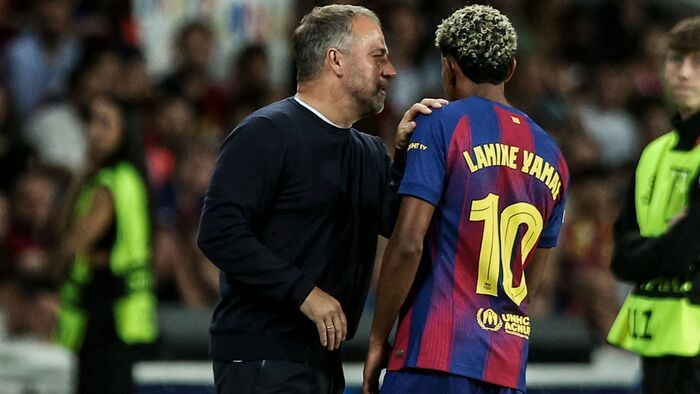

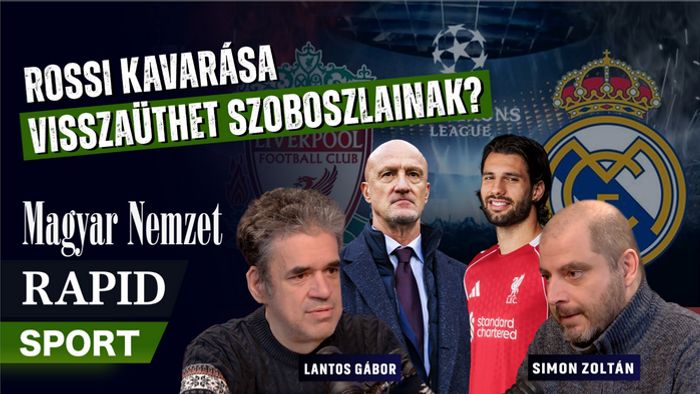

Szóljon hozzá!
Jelenleg csak a hozzászólások egy kis részét látja. Hozzászóláshoz és a további kommentek megtekintéséhez lépjen be, vagy regisztráljon!